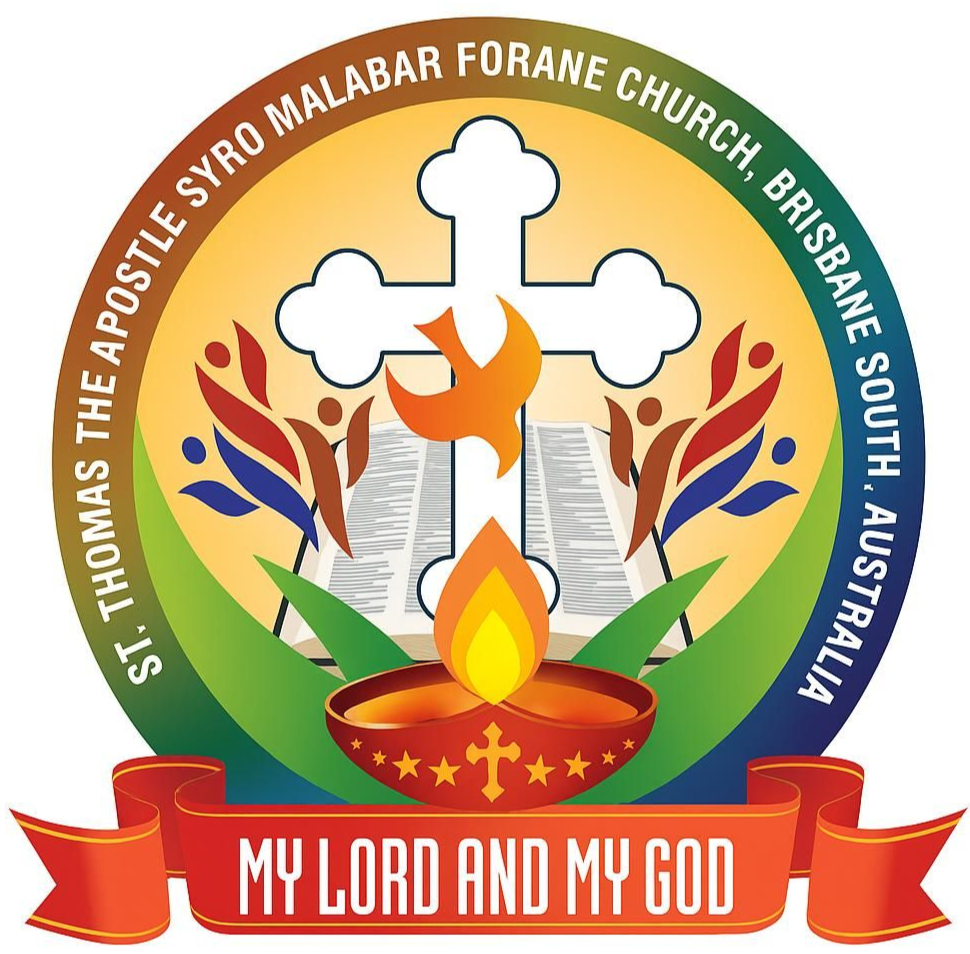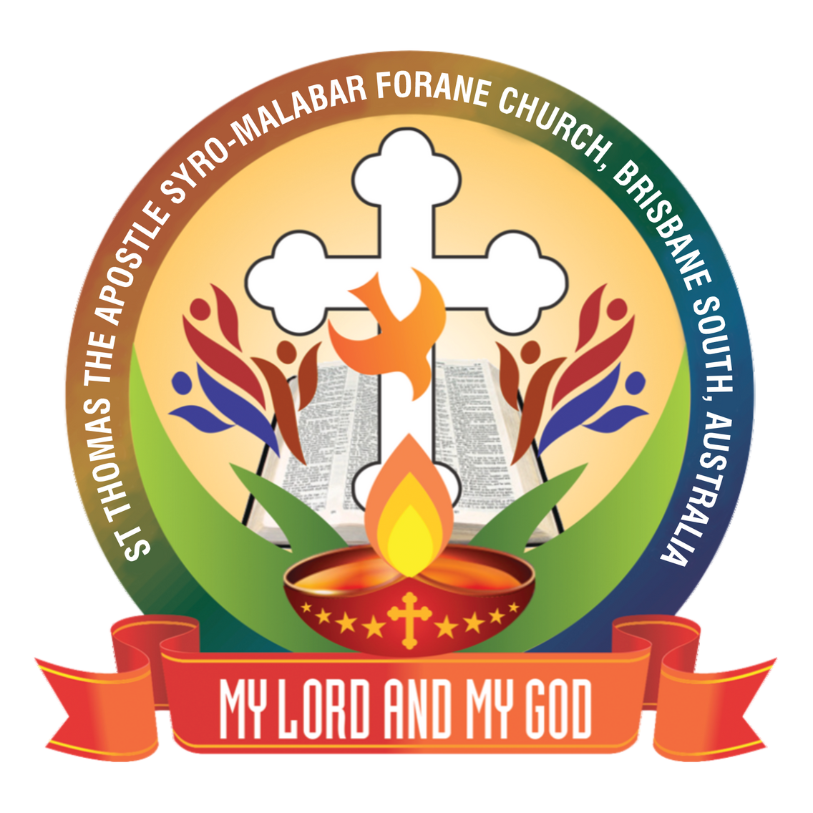office.sunshinecoast@syromalabar.org.au
Confirmation
Sacraments of Initiation
Confirmation

In CONFIRMATION the soul of a baptized Christian is imprinted with a permanent seal that can be received only once and marks this individual forever as a Christian. The gift of the Holy Spirit is the strength from above in which this individual puts the grace of his Baptism into practice through his life and acts as a “witness” for Christ. [1302-1305, 1317]
To be confirmed means to make a “covenant” with God. The confirmand says, “Yes, I believe in you, my God; give me your Holy Spirit, so that I might belong entirely to you and never be separated from you and may witness to you throughout my whole life, body and soul, in my words and deeds, on bgood days and bad.” And God says, “Yes, I believe in you, too, my child and I will give you my Spirit, my very self. I will belong entirely to you. I will never separate myself from you, in this life or eternally in the next. I will be in your body and your soul, in your words and deeds. Even if you forget me, I will still be there on good days and bad.
For preparation: Kindly contact Parish Priest and get the guidance
The SACRAMENT of the Anointing of the Sick can be received by any Catholic whose health is in a critical state. [1514-1515, 1528-1529] One can receive the Anointing of the Sick several times in one’s life. Therefore it makes sense for young people to ask for this sacrament also, if, for example, they are about to undergo a serious operation. On such occasions many Catholics combine the Anointing of the Sick with a (general) confession; in case the operation fails, they want to go to meet God with a clear conscience.
The Anointing of the Sick imparts consolation, peace, and strength and unites the sick person, in his precarious situation and his sufferings, with Christ in a profound way. For the Lord experienced our fears and bore our pains in his body. For many people the Anointing of the Sick brings about physical healing. But if God should decide to call someone home to himself, he gives him in the Anointing of the Sick the strength for all the physical and spiritual battles on his final journey. In any case, the Anointing of the Sick has the effect of forgiving sins. [1520-1523, 1532] Many sick people are afraid of this SACRAMENT and put it off until the last minute because they think it is a sort of death sentence. But the opposite is true: the Anointing of the Sick is a sort of life insurance. A Christian who is caring for a sick person should relieve him of any false fear. Most people in serious danger sense intuitively that nothing is more important for them at the moment than to embrace immediately and unconditionally the One who overcame death and is life itself: Jesus, the Savior.




